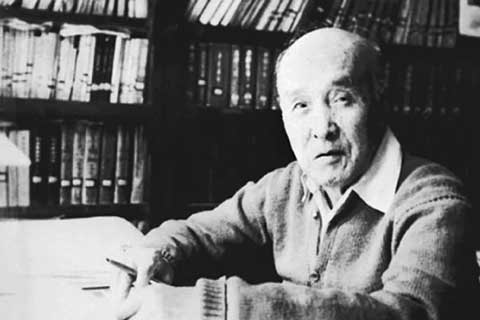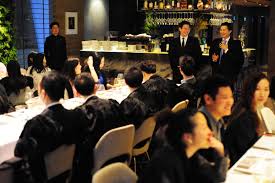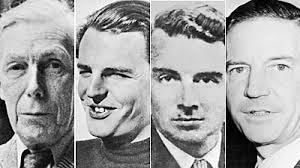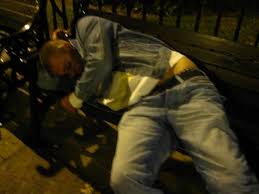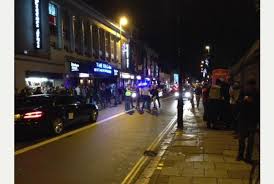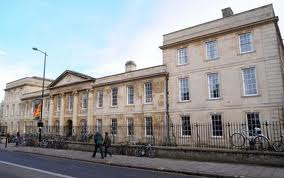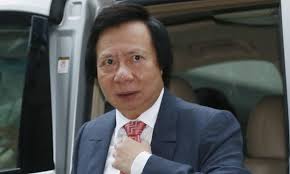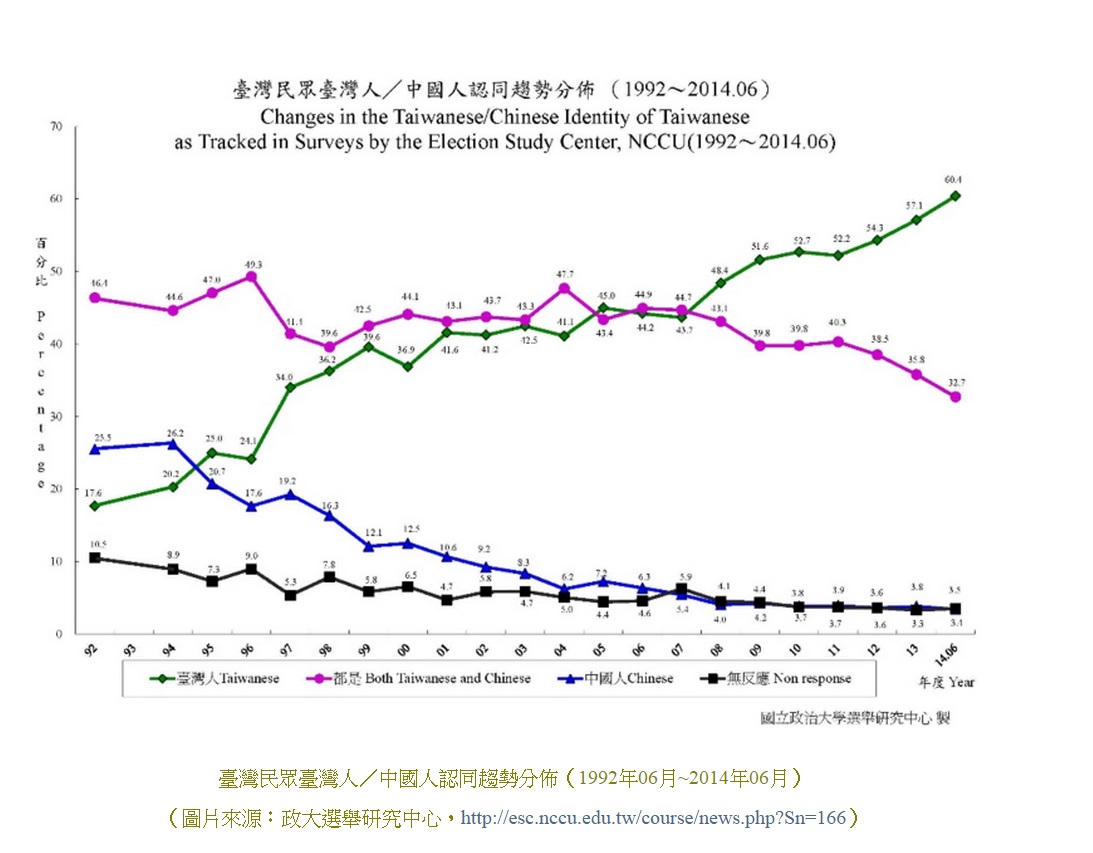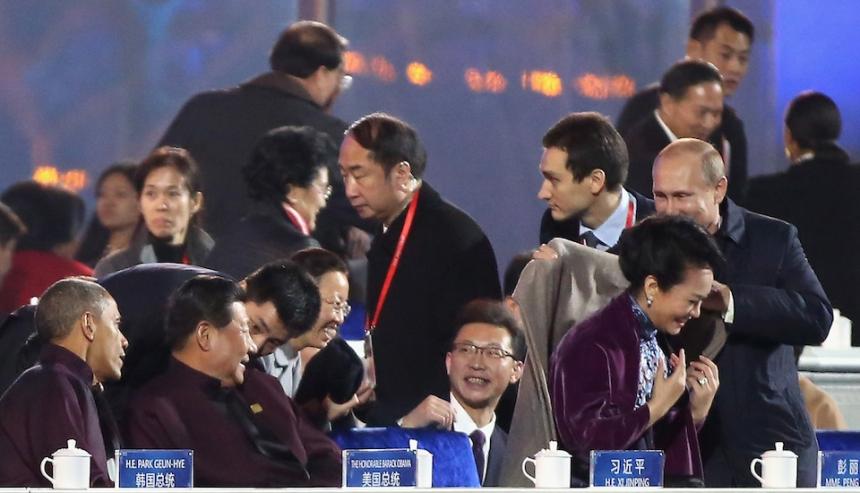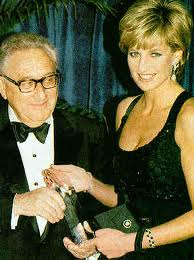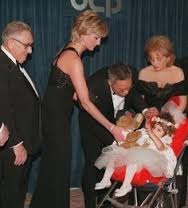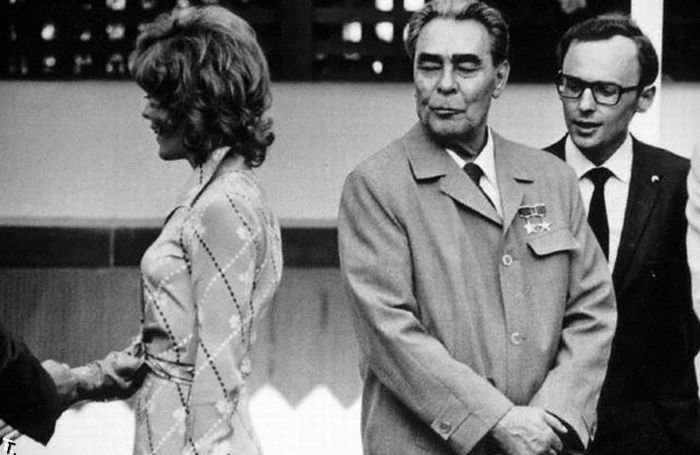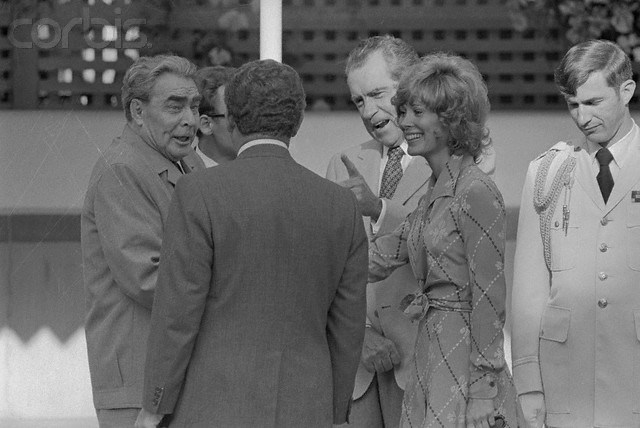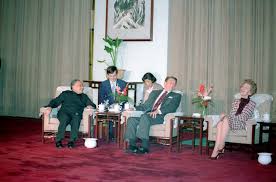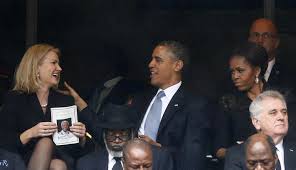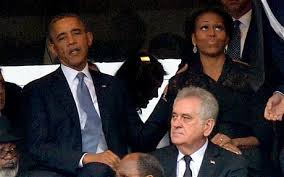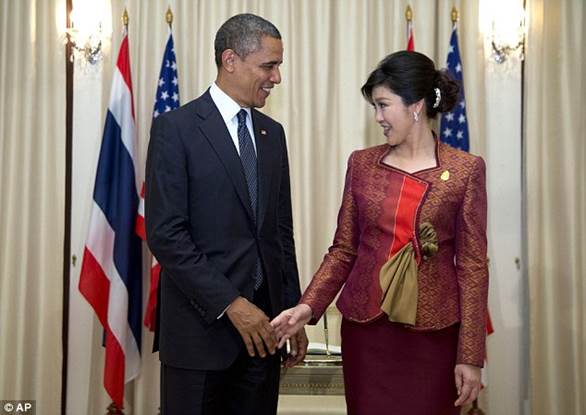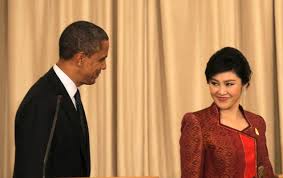This looks like very big news.
Obama and Xi Jinping have reached an understanding (no written agreement, mainly — I am guessing — because of the difficulty of ratifying one in a Republican-dominated congress) on curbing carbon energy emissions.
I am just pasting the New York Times coverage below. You can also click through to a supporting opinion piece by John Kerry.
Some immediate thoughts:
- China is promising that its carbon emissions will peak, at the latest, in 2030. Cynics will say the Chinese have not said what the peak will be, or limited it. However China’s carbon emissions per unit of GDP are already officially targeted to fall 40-45% 2020 vs 2005. And China has set and met/is meeting targets to cut energy consumption per unit of GDP 19% in 2005-10 and 16% in 2010-15. These targets were in the last two five-year plans and it would be hard to move away from what is now a 10-year trajectory line in cutting energy intensity in forthcoming five-year plans. In sum, I think the emissions peak by 2030 is a very meaningful target that will not be rendered meaningless by political jiggery-pokery.
- China also promised to make renewables 20% of total energy production by 2030. Last year was the first one in which Chinese installation of renewables’ generating capacity exceeded that of carbon electricity generating capacity. A cursory reflection on the numbers suggests to me that installation of power generation capacity going forward will, in just a few years, be almost all renewable in order to achieve the 2030 target. (If your ‘investment advisor’ has not already shorted the stock of Harbin Electric and Dongfang Electric, the two most exposed coal turbine and boiler makers, sack him/her. You probably don’t want to own Shanghai Electric either.)
- The US has promised huge cuts versus trend line carbon emissions, too. More cerebrally-challenged Republicans are already doing their nuts.
- Obama is back. He’s done healthcare. Now he might go down as the President who saved the planet. So much for playing too much golf…
- Xi Jinping’s domestic position goes from strength to strength. But it is a little frightening when one guy commands so much popular support in a society with too few checks and balances on executive power.
- Here’s a speculative thought. If the delivery of this understanding turns out to be as good as what appears to be written on the tin, the Nobel Committee will have to think very seriously about giving Obama and Xi a joint Peace Prize. At first blush that might seem a tough choice for the committee, given China’s human rights record and the anti-dissent crackdown under Xi. But should a prize be given, it would be even tougher on President Xi. How could he accept after Liu Xiaobo already got the prize in 2010? This is very premature, but I throw out the thought.
Meanwhile, make a note of where you were when you heard this potentially historic news. I was in the library.
…
U.S. and China Reach Deal on Climate Change in Secret Talks

President Obama and President Xi Jinping of China were greeted by children during a ceremony inside the Great Hall of the People in Beijing on Wednesday. Credit Feng Li/Getty Images
BEIJING — China and the United States made common cause on Wednesday against the threat of climate change, staking out an ambitious joint plan to curb carbon emissions as a way to spur nations around the world to make their own cuts in greenhouse gases.
The landmark agreement, jointly announced here by President Obama and President Xi Jinping, includes new targets for carbon emissions reductions by the United States and a first-ever commitment by China to stop its emissions from growing by 2030.
Administration officials said the agreement, which was worked out secretly between the United States and China over nine months and included a letter from Mr. Obama to Mr. Xi proposing a joint approach, could galvanize efforts to negotiate a new global climate agreement by 2015.
-
Op-Ed Contributor: John Kerry: Our Historic Agreement With China on Climate ChangeNOV. 11, 2014
It was the signature achievement of an unexpectedly productive two days of meetings between the leaders. Mr. Obama and Mr. Xi also agreed to a military accord designed to avert clashes between Chinese and American planes and warships in the tense waters off the Chinese coast, as well as an understanding to cut tariffs for technology products.
A climate deal between China and the United States, the world’s No. 1 and No. 2 carbon polluters, is viewed as essential to concluding a new global accord. Unless Beijing and Washington can resolve their differences, climate experts say, few other countries will agree to mandatory cuts in emissions, and any meaningful worldwide pact will be likely to founder.
“The United States and China have often been seen as antagonists,” said a senior official, speaking in advance of Mr. Obama’s remarks. “We hope that this announcement can usher in a new day in which China and the U.S. can act much more as partners.”
As part of the agreement, Mr. Obama announced that the United States would emit 26 percent to 28 percent less carbon in 2025 than it did in 2005. That is double the pace of reduction it targeted for the period from 2005 to 2020.
China’s pledge to reach peak carbon emissions by 2030, if not sooner, is even more remarkable. To reach that goal, Mr. Xi pledged that so-called clean energy sources, like solar power and windmills, would account for 20 percent of China’s total energy production by 2030.
Administration officials acknowledged that Mr. Obama could face opposition to his plans from a Republican-controlled Congress. While the agreement with China needs no congressional ratification, lawmakers could try to roll back Mr. Obama’s initiatives, undermining the United States’ ability to meet the new reduction targets.
Still, Mr. Obama’s visit, which came days after a setback in the midterm elections, allowed him to reclaim some of the momentum he lost at home. As the campaign was turning against the Democrats last month, Mr. Obama quietly dispatched John Podesta, a senior adviser who oversees climate policy, to Beijing to try to finalize a deal.
For all the talk of collaboration, the United States and China also displayed why they are still fierce rivals for global economic primacy, promoting competing free-trade blocs for the Asian region even as they reached climate and security deals.
The maneuvering came during a conference of Pacific Rim economies held in Beijing that has showcased China’s growing dominance in Asia, but also the determination of the United States, riding a resurgent economy, to reclaim its historical role as a Pacific power.
Adding to the historic nature of the visit, Mr. Obama and Mr. Xi were scheduled to give a joint news conference on Wednesday that will include questions from reporters — a rare concession by the Chinese leader to a visiting American president.
On Tuesday evening, Mr. Xi invited Mr. Obama to dinner at his official residence, telling his guest he hoped they had laid the foundation for a collaborative relationship — or, as he more metaphorically put it, “A pool begins with many drops of water.”
Greeting Mr. Obama at the gate of the walled leadership compound next to the Forbidden City, Mr. Xi squired him across a brightly lighted stone bridge and into the residence. Mr. Obama told the Chinese president that he wanted to take the relationship “to a new level.”
“When the U.S. and China are able to work together effectively,” he added, “the whole world benefits.”
But as the world witnessed this week, it is more complicated than that. Mr. Xi won approval Tuesday from the 21 countries of the Asia-Pacific Economic Cooperation forum to study the creation of a China-led free-trade zone that would be an alternative to Mr. Obama’s Trans-Pacific Partnership, a 12-nation trading bloc that excludes China.
On Monday, Mr. Obama met with members of that group here and claimed progress in negotiating the partnership, a centerpiece of his strategic shift to Asia.
Negotiations for the Trans-Pacific Partnership are much further along than those for the nascent Chinese plan, known as the Free Trade Area of Asia Pacific, and some analysts said the approval by the Pacific Rim nations of a two-year study was mainly a gesture to the Chinese hosts to give them something to announce at the meeting.
For all the jockeying, the biggest trade headline was a breakthrough in negotiations with China to eliminate tariffs on information technology products, from video-game consoles and computer software to medical equipment and semiconductors.
